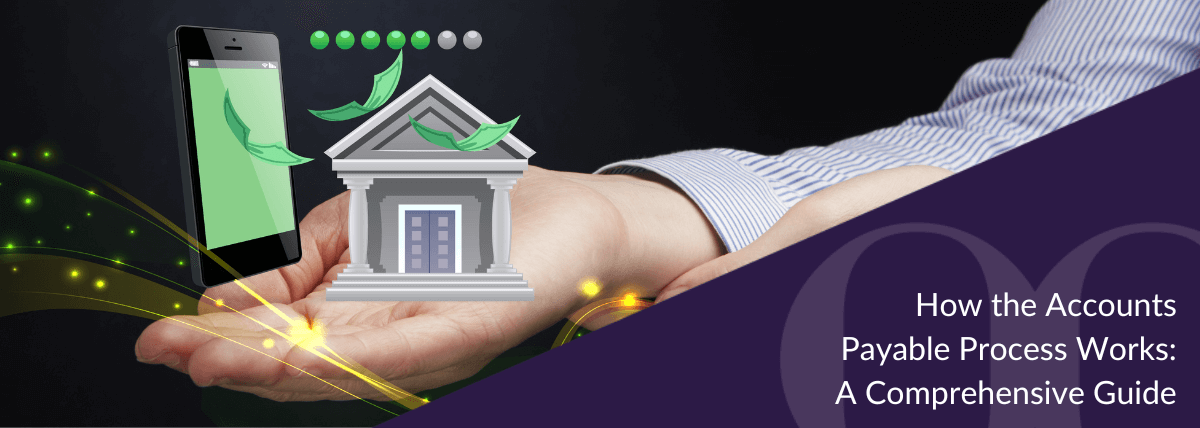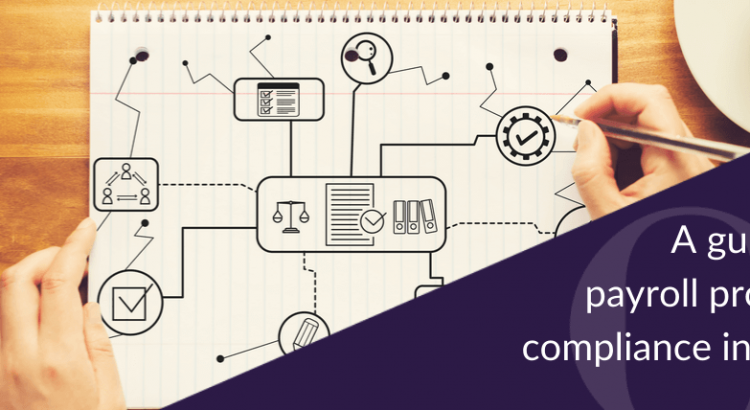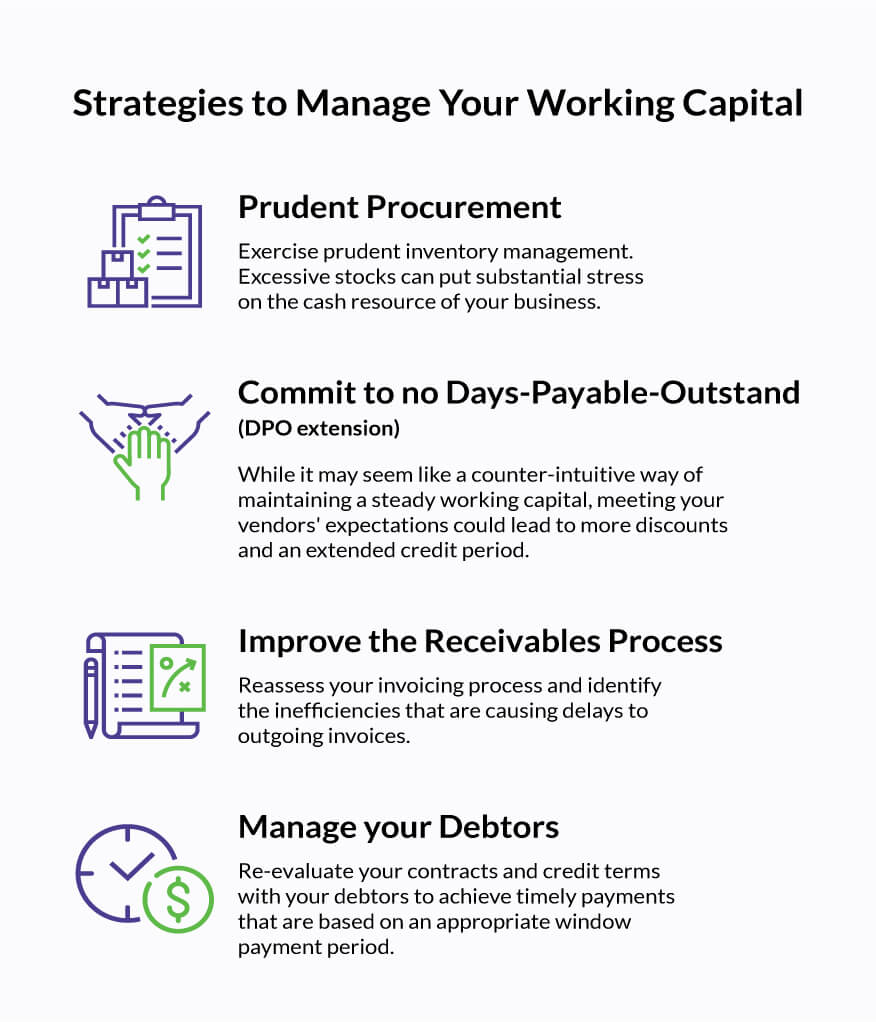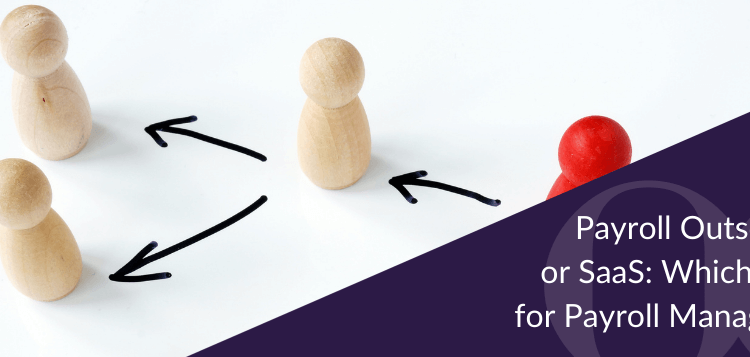Navigating the complexities of payroll management in the manufacturing sector presents unique challenges distinct from those in other industries. Diverse roles and large operational scales require an advanced payroll system to comply with varied labour laws, protecting a predominantly blue-collar workforce and addressing multi-country statutory requirements.
In the manufacturing industry, employees tend to work complex shift schedules to meet operational demands. Adjustments to human resources in response to fluctuating business demands and supply chain issues further complicate payroll processing.
Outsourcing payroll to specialists ensures greater accuracy, compliance and efficiency. It allows manufacturing companies to focus on core production activities rather than administration, mitigating the risk of errors and leveraging advanced systems capable of seamlessly handling global payroll requirements.
As the industry evolves amid increasing regulatory and operational demands, sophisticated payroll solutions for the manufacturing industry has become increasingly critical in enhancing business efficiency and compliance.
Adapting Payroll Systems in Manufacturing Sector for Global Compliance and Worker Protection
A payroll system for the manufacturing industry can be more challenging than in other industries due to several factors. Companies in this sector employ a large number of blue-collar workers, and stringent employment laws are in place to protect them. For this reason, it’s necessary to have a payroll system that can navigate the complex terrain of regulations designed to protect workers, who may be vulnerable to exploitation.
The precision required in processing payroll in the manufacturing industry ensures that employees are compensated fairly and accurately, reflecting the actual hours worked and any overtime, which can be significant.
In addition, manufacturing operations often span multiple countries, each with its own set of labour laws and regulations. A multi-country payroll system is essential to ensure compliance and efficiency across all locations.
Ken Wong, Managing Director Asia, Payroll at BoardRoom Group emphasises the importance of having a payroll system that complies with local laws.
“Having a payroll system that complies with the local statutory requirements is critical,” he says.
The payroll system must account for various shift operations, overtime calculations and local holidays. Additionally, manufacturing plants often operate 24 hours a day, 7 days a week, requiring a flexible approach to employee scheduling and payroll management.
“In the manufacturing industry, you have very complex shift patterns,” Ken says. “There are people who work on Saturdays and Sundays, and then people who work shift hours that are different from what a regular employee who works in a technology company or an office environment would experience. You need to roster these employees into different time slots, and it’s not always easy because, depending on the demands of your business, you may have to increase the number of employees in each shift so that you get more productivity out of it.
“Another factor to consider is the high attrition rate in manufacturing. In a month, multiple employees may resign. Most manufacturing companies employ a large percentage of foreigners, and when they leave the business or leave the country, your tax computation is also more complex because you need to compute the withholding tax before the foreigners can leave the country.”
Integrating the payroll into one platform improves operational efficiency and reduces data duplication. By centralising payroll operations, manufacturing companies can better manage their workforce, ensure accurate payment for all employees and significantly reduce the administrative burden associated with multi-regional compliance and payroll processing.

Essentials of a Multi-country Payroll System for Manufacturing Businesses
In the complex global manufacturing landscape, the payroll system must be linked with existing HR systems to ensure seamless employee data management.
Ken highlights the importance of data accuracy, especially for manufacturing employees whose earnings may fluctuate with the demands of the business.
“For manufacturing employees, their wage fluctuates according to the demand and supply of the business. So every single dollar counts for them, and being able to process the data accurately and on time ensures that what they have worked and the hours they have put in are being paid correctly.”
Real-time data processing is important in a payroll system tailored for the manufacturing sector as it ensures that adjustments, such as overtime and shift changes, are updated instantly, thus preventing delays and errors. It also enables managers to assess employee output and productivity and adjust rosters to ensure production targets are met.
Integrating the payroll and HR systems is also important when it comes to leave.
“When someone is supposed to be rostered to work today and does not show up, the time system will flag this as someone missing from work,” Ken explains. “The payroll system then goes to your leave system to check whether this person is on leave and if it’s medical leave or annual leave. Therefore, this person does not have their pay deducted and is excused for not being at work. So the time and attendance system keeps the whole process humming.”
Why Integrated HR and Payroll Software is Beneficial
Integrating the HR and payroll systems ensures that employee information stored by the HR system from onboarding can be automatically transferred to the payroll system once the employee starts work.
The importance of having an HR system fully integrated with the payroll system is even more critical for large manufacturing companies that maintain physical operations across multiple countries.
“With many of these companies, what I’ve noticed is that they want to make sure all data comes from one source so there’s a source of proof. They want to deal with integrated data, which means no manual entry of information, and it interfaces with our platform. BoardRoom’s all-inone cloud-based HRMS solution, Ignite, allows us to manage payroll for most countries in Asia,” Ken says.
These integrated systems significantly reduce errors and provide essential reporting features that assist in strategic financial management and compliance audits. The payroll system’s ability to scale and adapt flexibly to the changing needs of a global workforce is not merely a convenience but a necessity.

Benefits of Outsourcing Payroll in Manufacturing Industry
Manufacturing companies benefit from the expertise of an outsourcing partner like BoardRoom in managing payroll effectively. The advantages of outsourcing payroll include:
- cost-efficiency
- compliance expertise
- enhanced security
- freeing up resources to concentrate on core operations
BoardRoom is the ideal outsourcing partner because of its extensive experience in handling large headcounts and complex scenarios.
Ken explains, “Outsourcing isn’t just about handling payroll; it’s about leveraging expertise to effectively accommodate the peaks and troughs of business demands.”

Transitioning to an Outsourced Payroll Solution in Eight Steps
Opting for an outsourcing partner like BoardRoom not only simplifies payroll management but enhances overall business efficiency by enabling manufacturers to focus more on their primary business goals.
Here’s how BoardRoom can transition your manufacturing company to an outsourced payroll solution:
We’ll engage stakeholders in meetings and collect data to create a detailed needs assessment, which will allow us to tailor our payroll service precisely to the manufacturing site’s requirements.
Craft a custom proposal based on the initial scoping phase, ensuring the solution addresses all specific operational complexities.
The system is adapted to align seamlessly with existing operational processes and meet any unique payroll and compliance requirements.
The system is rigorously tested to ensure all functionalities meet your specifications, including comprehensive scenario testing.
This critical phase involves running the new system alongside the current one to identify and rectify any discrepancies or errors and ensure accuracy.
We’ll ensure all relevant staff are well-trained in using the new system.
The system officially becomes operational after successful testing and training.
Continuous support and feedback mechanisms are established to ensure the system evolves with the company’s needs and any issues are swiftly addressed.
Drive Success with Advanced Payroll Solutions
The complexity of managing payroll in the manufacturing sector requires sophisticated systems. BoardRoom specialises in offering comprehensive outsourcing services that simplify payroll processes, ensure compliance and enhance operational efficiency.
BoardRoom’s deep understanding of the specific challenges in processing payroll for the manufacturing industry means we are adept at handling everything from employee onboarding to multi-country compliance with precision. Best of all, our tailored solutions are designed to meet the distinct needs of each and every client.
For manufacturing companies aiming to enhance their operational efficiency, partnering with BoardRoom offers a clear advantage. Visit BoardRoom payroll services to discover more about how our expert solutions can simplify your payroll needs. Take the first step towards a seamless, efficient payroll solution today.
Contact BoardRoom for more information:
Related Business Insights
-

28 Oct 2024
MY Budget 2025 : Key Tax Measures You Need to Know
Our exclusive Malaysia Budget 2025 Commentary delves into the intricacies of these tax measures, providing valuable …
READ MORE -

11 Oct 2024
How the Accounts Payable Process Works: A Comprehensive Guide
Learn how our outsourced services can streamline your accounts payable process to enhance efficiency, reduce costs, …
READ MORE -

08 Jul 2024
Guide to Filing Annual Returns in Malaysia
Ensure compliance and maintain your business's integrity in Malaysia with this guide on filing annual returns effic …
READ MORE


























